Postpartum Scope / Standards of Practice
The Doulaing The Doula (DTD) postpartum doula’s scope of practice and role is unique. It does not overlap with any other professional role. The postpartum doula’s role is not medical, but rather provides emotional, physical, and informational support that blends with the rhythm of the household during the postpartum period. The postpartum doula offers active listening and non judgment support. The role of postpartum doula may begin in the last trimester of pregnancy and continue throughout the first year.

The DTD Postpartum Doula’s overall responsibility is to:
- Gently guide parents to their own best interests
- Provide a calm presence and non judgemental support
- Be a knowledgeable resource about the postpartum period
- Refer to careproviders when indicated
- Believe in the client’s ability to establish a caring relationship with their baby and parent confidently (often before they do)
The DTD Postpartum Doula’s Role in Attachment and Caregiving is to:
Understand the attachment and bonding needs of each family member
Utilize their neurological caregiving system to provide effective, timely and nurturing support
Provide an emotionally strong and capable presence
Contribute resources and referrals appropriate to the client and family
The postpartum doula does this by:
- Read the postpartum person’s cues correctly
- Accurately perceive the postpartum person’s emotional needs
- Be available to the client during the time period agreed upon
- respond to client inquiries in a timely manner
- be prepared for unexpected situations, including illness, accidents, and inclement weather
- Encourage the family to make parenting choices that reflect their values and needs
- Support and assist with infant feeding and model infant care
- Educate the family on newborn care and characteristics
- Organize the household and living space to the family’s comfort
- Prepare nourishing and culturally appropriate and foods for that family
To become a trusted person to the father/partner/grandparent/mate/loved one so they will reliably turn to you to answer questions and when troubled or concerned
To consider how each of the postpartum parent’s memories are affected by labor events and positively assist in processing those memories
The DTD Postpartum Doula’s Role in Attachment and Caregiving is NOT to:
- Perform, diagnose, or interpret medical procedures or conditions
- Prescribe, perform, or provide alternative, supplementary, or complementary therapies, even if qualified or licensed, including, but not limited to, essential oils, placenta medicine, or herbal treatments, while acting as postpartum doula*
- Make decisions for the family in parenting or infant care choices
- Transport any family members
- Stay alone with babies or other children routinely or act as a nanny*
*If the doula wishes to provide these services to the family, they need to be clarified on a separate contract with clear separation from the DTD Postpartum Doula’s role.
The DTD Postpartum Doula’s Role in Communication is to
- Assist the client in discerning their preferences for infant care
- Assist the client in communicating those preferences effectively to their care team
- Provide culturally competent and congruent support through the postpartum period
The DTD Postpartum Doula’s Role in Empowerment and Advocacy is to:
- Cultivate the client’s confidence in their own parenting and healthcare decisions
- Ensure the client has the information they need to make choices (medical information should come from medical people as much as possible. The postpartum doula’s role is to supplement or restate information that is provided.)
- Work alongside and with the medical, lactation, mental health, or other careproviders to maximize positive outcomes as defined by the postpartum person.






